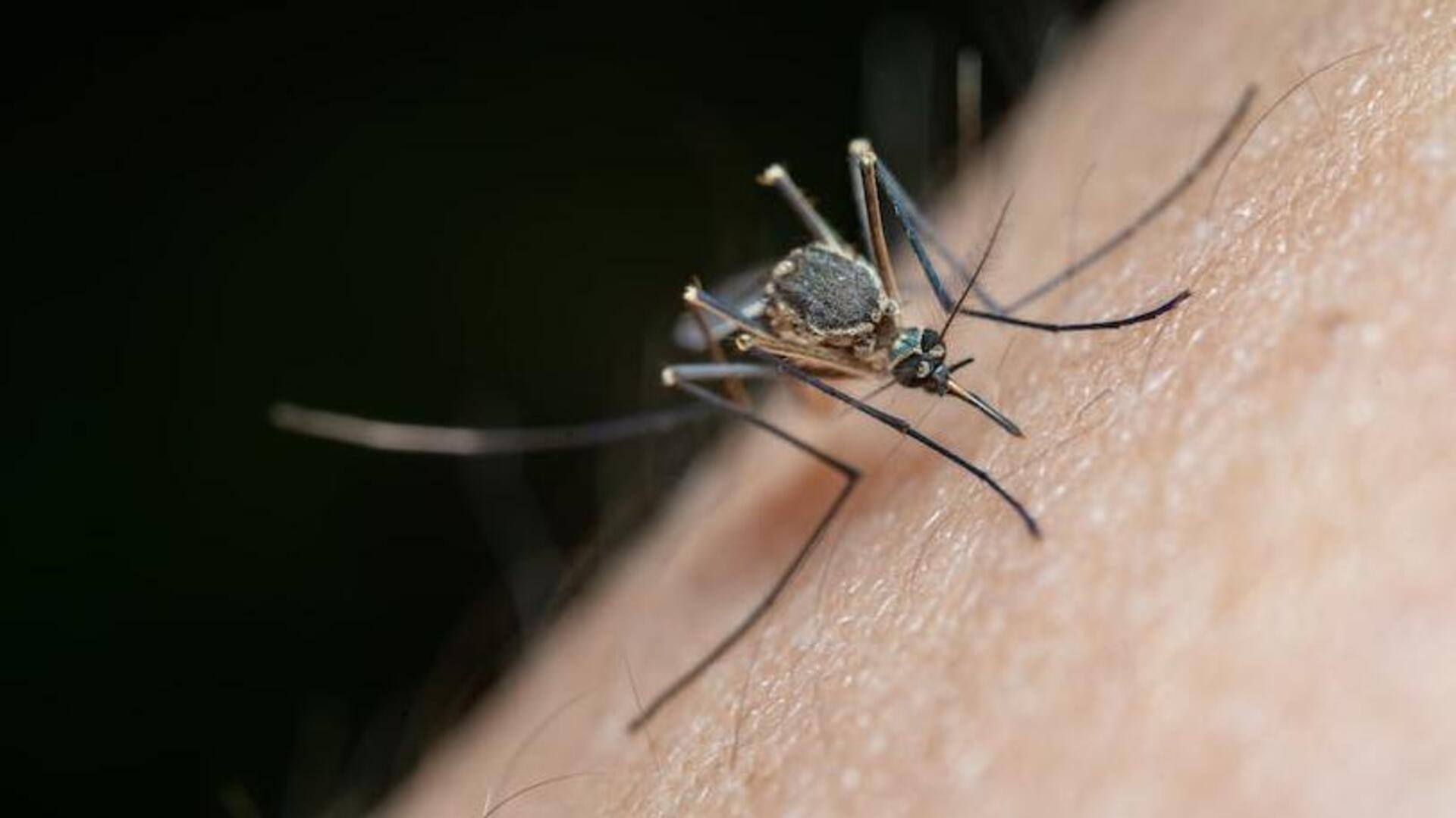
Dengue: Essential dos and don'ts for your safety
What's the story
Dengue cases have surged in numerous regions across the nation due to the recent intense rainfall and flooding. Dengue fever is a mosquito-borne viral infection that poses a significant health risk if you do not take care of yourself enough. Although there is no foolproof technique to prevent dengue, adopting appropriate measures can effectively lower the likelihood of dengue contraction.
Tip 1
Protection is the key
As a preventive measure, apply mosquito repellent containing picaridin, DEET, or oil of lemon eucalyptus when venturing outdoors, particularly during the early morning and evening when mosquitoes are most active. For enhanced protection, wear long-sleeved shirts or t-shirts, pants, closed shoes, and socks to minimize exposed skin while spending time outdoors. Sleep under a mosquito net to ward off mosquito bites during the night.
Tip 2
Stay away from mosquito breeding sites
Regularly empty, cover, or treat containers that collect and hold water, such as flower pots, buckets, and discarded tires, as stagnant water is a breeding ground for mosquitoes. Install nets on your windows and doors to prevent mosquitoes from entering your home. Proper hydration can help your body fight the dengue virus. Hence, drink plenty of fluids like water, herbal teas, and clear soups.
Tip 3
Follow your doctor's instructions diligently
Practice good hygiene to prevent infections and complications. If you experience symptoms like high fever, severe headache, joint and muscle pain, rash, and fatigue, seek medical care promptly. If diagnosed with dengue, follow your healthcare provider's instructions diligently. Rest, hydrate, and take prescribed medications as directed. Make sure to get adequate rest to aid your body's healthy recovery.
Tip 4
Don't ignore symptoms
Do not self-medicate if you suspect dengue. Consult a healthcare professional for accurate and appropriate diagnosis and appropriate treatment. If you experience symptoms consistent with dengue (such as severe fever and body pain), do not ignore them. Early diagnosis and treatment are crucial. While certain natural remedies might provide relief from symptoms, they should not replace professional medical care.
Tip 5
Avoid traveling to mosquito-prone areas
Follow advisories and guidelines issued by public health authorities regarding dengue prevention and outbreaks. Minimize exposure to mosquitoes by staying indoors during peak mosquito activity hours. Avoid traveling to dengue-prone areas. Postpone travel plans to areas with high dengue transmission rates, especially during outbreaks. While recovering from dengue, refrain from strenuous activities that could worsen your condition.